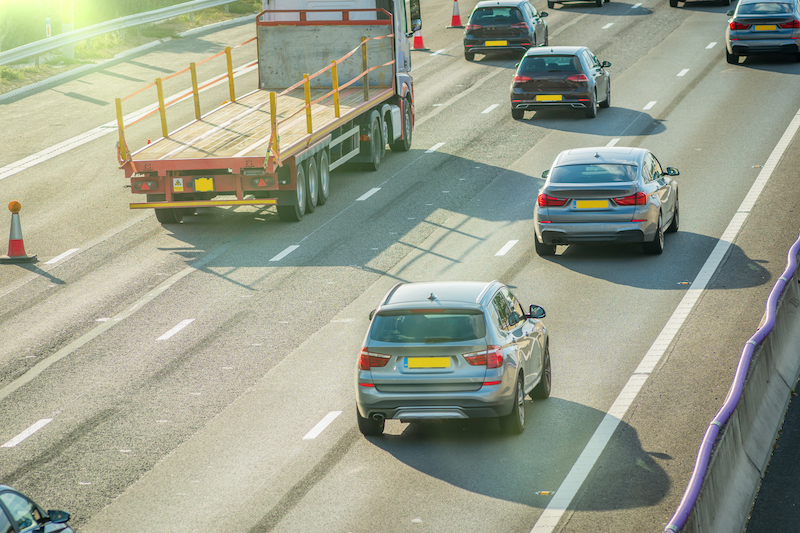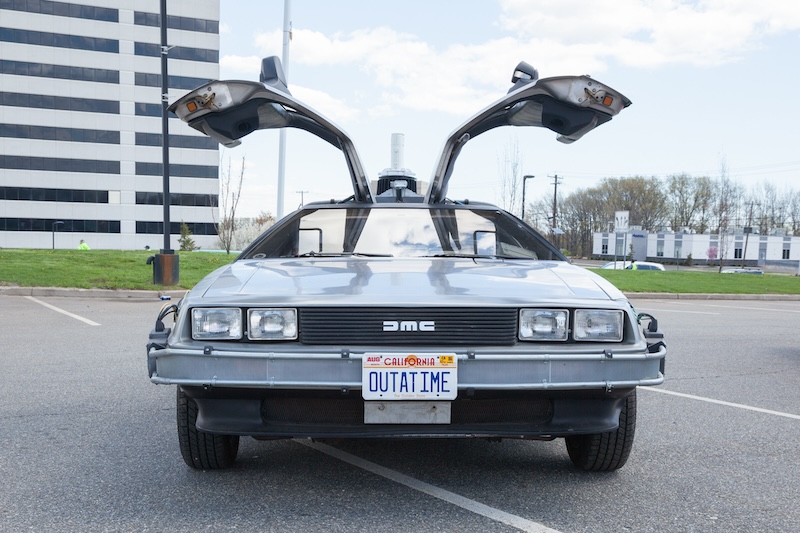Motorists may be slapped with ‘barmy’ new car tax changes with pay per mile considered

Drivers could see themselves being charged per mile
With the introduction of the expanded ULEZ, and the government’s plan to ban the sale of new petrol and diesel cars by 2030, there will eventually be less drivers paying fuel duty. In response, the government is considering implementing a new tax.
What is fuel duty?
Fuel duty is included in the price you pay for petrol and diesel at a petrol station. It provides significant revenue for the government at approximately £24.3 billion a year, or £867 per household in the UK.
The expansion of the ULEZ later this month, plus the government’s plan to ban the sale of new petrol and diesel cars by 2030 will mean less and less people will be paying fuel duty.
The loss of revenue the government will be hit with when less people are paying fuel duty has caused them to consider introducing a new tax that will affect drivers of electric and hybrid vehicles as well.
What will the new tax be?
It isn’t confirmed that there will be a new tax, but it’s looking more and more likely some kind of charge could be introduced before the end of the decade. It’s rumoured that London Mayor Sadiq Khan will introduce a tax that will charge road users ‘by the mile’.
This has been widely criticised. Conor Holohan, a campaign manager at Taxpayers Alliance told GB News “when new taxes are brought in [it should be] done to match the impact of driving rather than just as a way of raising money”.
One way of implementing the tax could be based on time and the demand of the road. if the road is in high demand, like a popular commuter route, it’s likely to need repairing more often than a little used back road, which should increase the tax required to use the road. Or, if a road is busy at certain times of day, which can cause congestion and traffic jams, then the tax to use the road at that time should be higher than other times.
It’s likely that ULEZ cameras will be used to enforce whatever tax the government implements, but there is no confirmation of this.
Check out our blog on the 2030 new car sales ban to find out more information.


